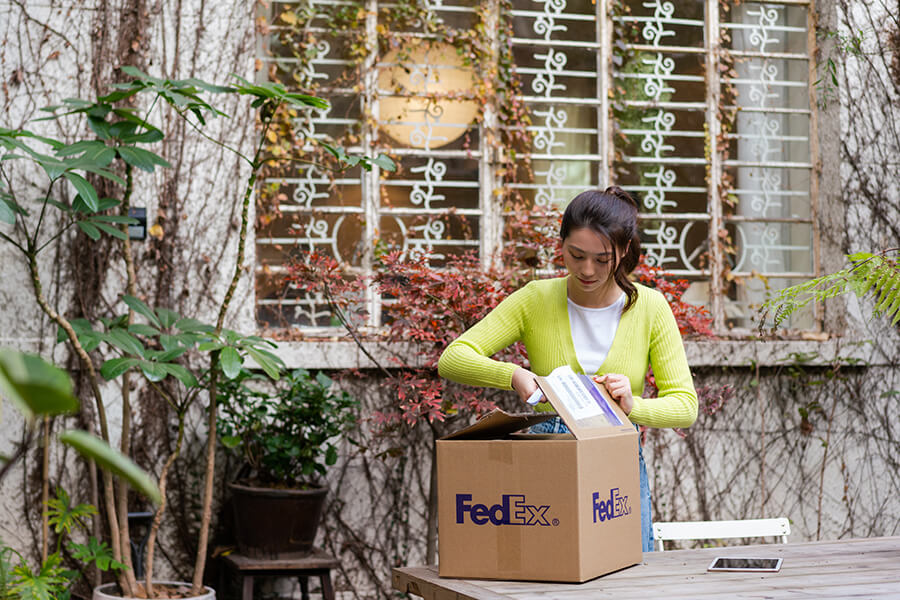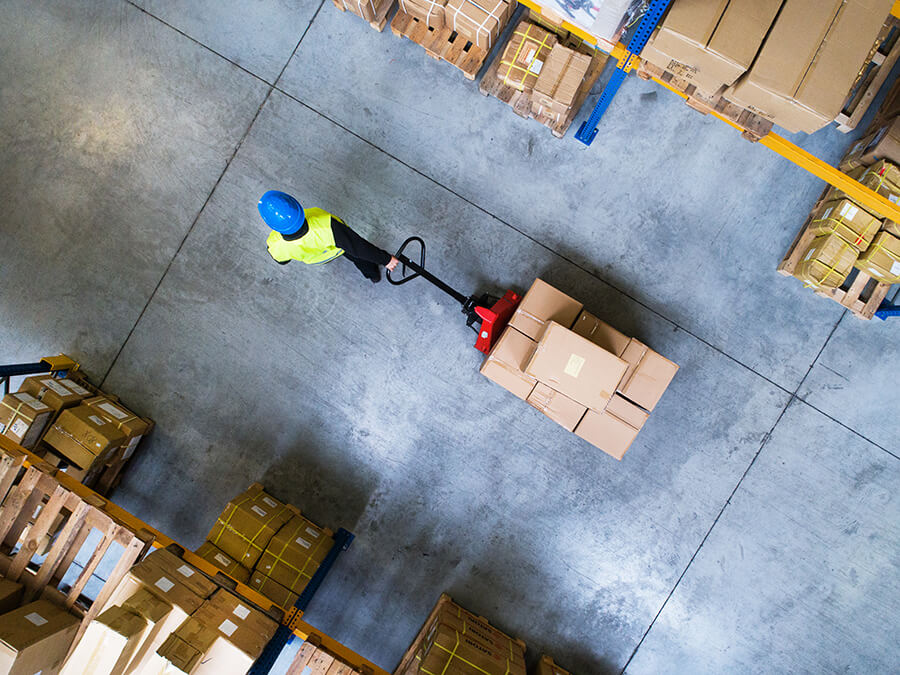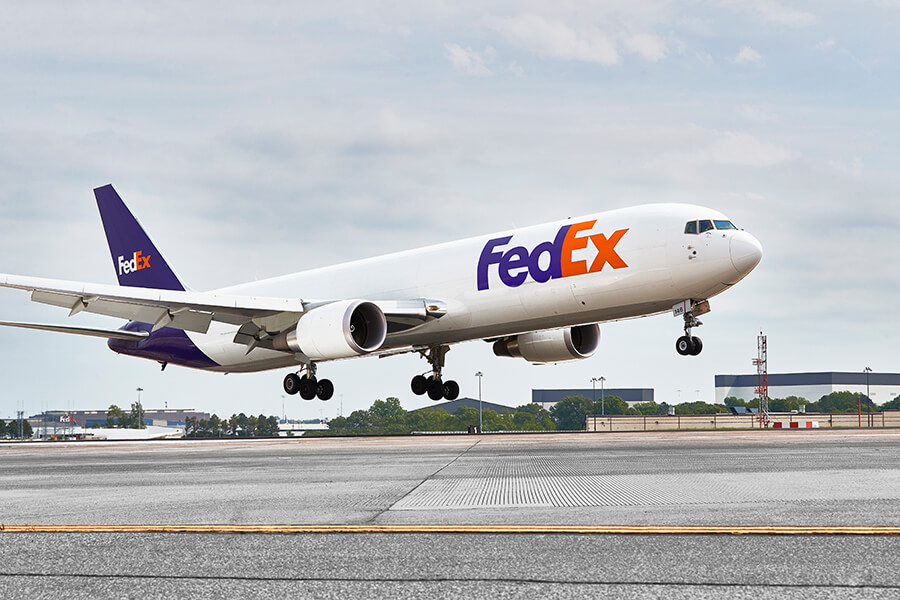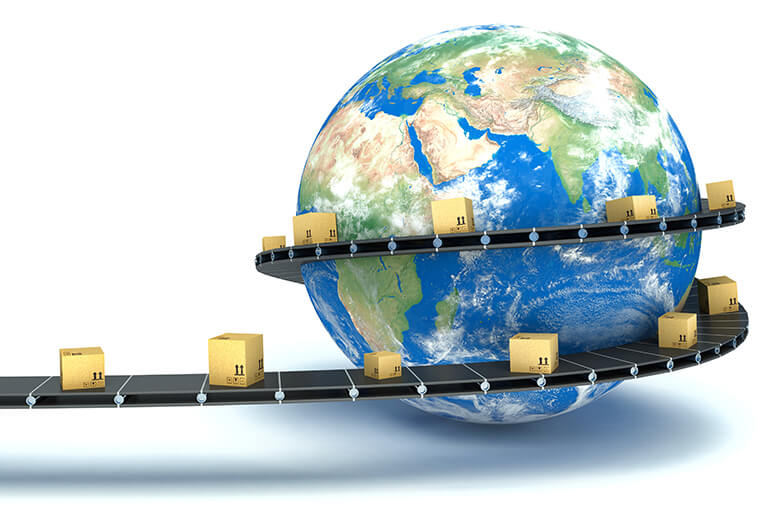Supply Chain 5.0: How To Operate Sustainably
Supply chains are shifting to meet ESG regulatory and reporting requirements. Companies that move quickly to transform their operations will be in a stronger, more sustainable position for long-term resilience.
How do you create a shock-proof supply chain? Robust transport links, just-in-case inventory, contingencies for global disruption and a diverse, reliable set of suppliers are all critical factors. But one emerging priority is sustainability – and exactly how businesses comply will be crucial.
De-risking is not just about geographical location. SMEs need to adapt to evolving ESG regulations and prepare for future climate events that might impact their business.
For example, the World Economic Forum’s Global Risks Report 2024 found that while misinformation and disinformation dominate short-term risks in the next two years, environmental factors, including extreme weather events, are among the greatest risks of the next decade.
Following the first edition of our Supply Chain Transformation series, we’re exploring how diversifying and rethinking supply chain can help SMEs mitigate risk and manifest growth. Here are some takeaways to help businesses of every size create more sustainable supply chains:
At FedEx, we can see that customers and consumers are increasingly focused on where items are sourced, and whether they are transported and delivered sustainably.
De-risking is not just about geographical location. SMEs need to adapt to evolving ESG regulations and prepare for future climate events that might impact their business.
For example, the World Economic Forum’s Global Risks Report 2024 found that while misinformation and disinformation dominate short-term risks in the next two years, environmental factors, including extreme weather events, are among the greatest risks of the next decade.
Following the first edition of our Supply Chain Transformation series, we’re exploring how diversifying and rethinking supply chain can help SMEs mitigate risk and manifest growth. Here are some takeaways to help businesses of every size create more sustainable supply chains:
1. Consumer concerns for accountable, traceable business practices are on the rise
At FedEx, we can see that customers and consumers are increasingly focused on where items are sourced, and whether they are transported and delivered sustainably.

Our own research shows that across the Asia Pacific, Middle East and Africa (AMEA) region, two-thirds of consumers surveyed are just as focused on the sustainability of their online purchases as on receiving their goods quickly. 8 out of 10 consumers expect the e-commerce companies they buy from to pursue sustainable business models.
Ironically, the same research showed that the majority of e-tailers still think price and delivery speed matter more to customers than ESG issues – and are misaligned with what customers are considering when making purchase decisions.
SMEs need to communicate more transparently with customers about their practices and have data available to back up their ESG credentials and satisfy stakeholders.
ESG regulation has increased by more than 150% in the past 10 years. As businesses and corporations continue to be asked for greater transparency, this will only continue to rise. For future regulatory requirements, supply chains will need to adapt to meet new standards of reporting.
For many of our customers at FedEx, Scope 3 emissions make up 75% of their total carbon emissions. Why is this so important? Under Scope 3, companies must disclose not only their own carbon emissions as part of supply chain reporting, but those of their suppliers.
Ironically, the same research showed that the majority of e-tailers still think price and delivery speed matter more to customers than ESG issues – and are misaligned with what customers are considering when making purchase decisions.
SMEs need to communicate more transparently with customers about their practices and have data available to back up their ESG credentials and satisfy stakeholders.
2. A push for greater visibility means businesses need to transform how they’re reporting
ESG regulation has increased by more than 150% in the past 10 years. As businesses and corporations continue to be asked for greater transparency, this will only continue to rise. For future regulatory requirements, supply chains will need to adapt to meet new standards of reporting.
For many of our customers at FedEx, Scope 3 emissions make up 75% of their total carbon emissions. Why is this so important? Under Scope 3, companies must disclose not only their own carbon emissions as part of supply chain reporting, but those of their suppliers.

We currently help customers estimate and track their emissions through our FedEx Sustainability Insights tool. It enables companies to assess the CO2 emissions for each shipping option in our portfolio more closely. For instance, we can provide shippers with predictive carbon emissions data so they can make smarter decisions.
Supply chain diversification is also about prioritizing different transport options for greater sustainability – as well as for cost and efficiency. A new era of ‘fit for purpose logistics’ is already taking center stage in Asia.
When it comes to logistics, we no longer live in an express world. We live in a fit-for-purpose world of digital and physical, including multimodal shipping and “multi speed” supply chains. For reasons of efficiency and sustainability, we will see stronger delineation between what is truly urgent versus what can be deferred. The shift towards deferred shipments will continue as customers demand more flexibility.
To support this, we’ve repositioned our global network to achieve a smarter, more efficient mix of express and deferred shipments. It’s a profound transformation of our air shipments that optimizes for speed, density and sustainability.
3. Greener logistics choices might prioritize sustainability over speed
Supply chain diversification is also about prioritizing different transport options for greater sustainability – as well as for cost and efficiency. A new era of ‘fit for purpose logistics’ is already taking center stage in Asia.
When it comes to logistics, we no longer live in an express world. We live in a fit-for-purpose world of digital and physical, including multimodal shipping and “multi speed” supply chains. For reasons of efficiency and sustainability, we will see stronger delineation between what is truly urgent versus what can be deferred. The shift towards deferred shipments will continue as customers demand more flexibility.
To support this, we’ve repositioned our global network to achieve a smarter, more efficient mix of express and deferred shipments. It’s a profound transformation of our air shipments that optimizes for speed, density and sustainability.

And finally, fit-for-purpose logistics also means increased use of digitized processes and robotic process automation (RPA) in our facilities, as well as more EVs in our fleet.
Of course, increasing regulation to ensure more sustainability in supply chains in jurisdictions like the EU could increase the cost of doing business. There is still a lot of work to be done to make sure we can create a more sustainable future with lower costs and greater efficiency. Education is a core part of what will come next in sustainable supply chains.
At FedEx, our bold ambition is to be carbon neutral by 2040, well ahead of the Paris Climate Agreement and our competitors. But as the logistics industry has many intractable issues to deal with when it comes to sustainability, it will take time.
The critical thing that will help us get there faster is technology. As new tech solutions become more widely available – including innovations around the large-scale development of alternative fuel sources like Sustainable Aviation Fuel (SAF) - they will have a profound impact on improving the sustainability of our sector, as well as on global trade.
If we can work together across industries and trade bodies, and in collaboration with our customers, we have a greater chance of transforming our supply chains for a better, cleaner future.
Sustainable supply chains won’t happen overnight – but the journey has begun
Of course, increasing regulation to ensure more sustainability in supply chains in jurisdictions like the EU could increase the cost of doing business. There is still a lot of work to be done to make sure we can create a more sustainable future with lower costs and greater efficiency. Education is a core part of what will come next in sustainable supply chains.
At FedEx, our bold ambition is to be carbon neutral by 2040, well ahead of the Paris Climate Agreement and our competitors. But as the logistics industry has many intractable issues to deal with when it comes to sustainability, it will take time.
The critical thing that will help us get there faster is technology. As new tech solutions become more widely available – including innovations around the large-scale development of alternative fuel sources like Sustainable Aviation Fuel (SAF) - they will have a profound impact on improving the sustainability of our sector, as well as on global trade.
If we can work together across industries and trade bodies, and in collaboration with our customers, we have a greater chance of transforming our supply chains for a better, cleaner future.
***




















 The Latest
The Latest